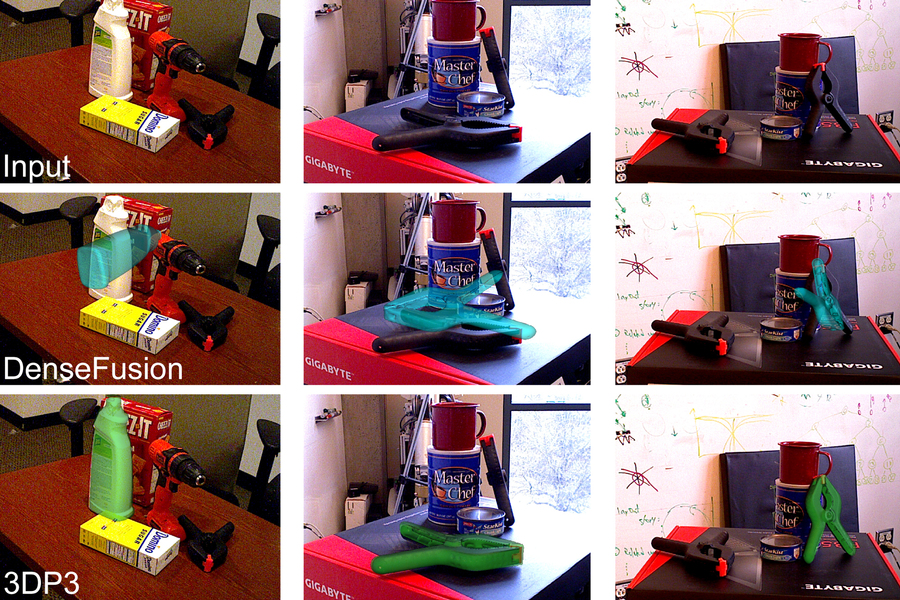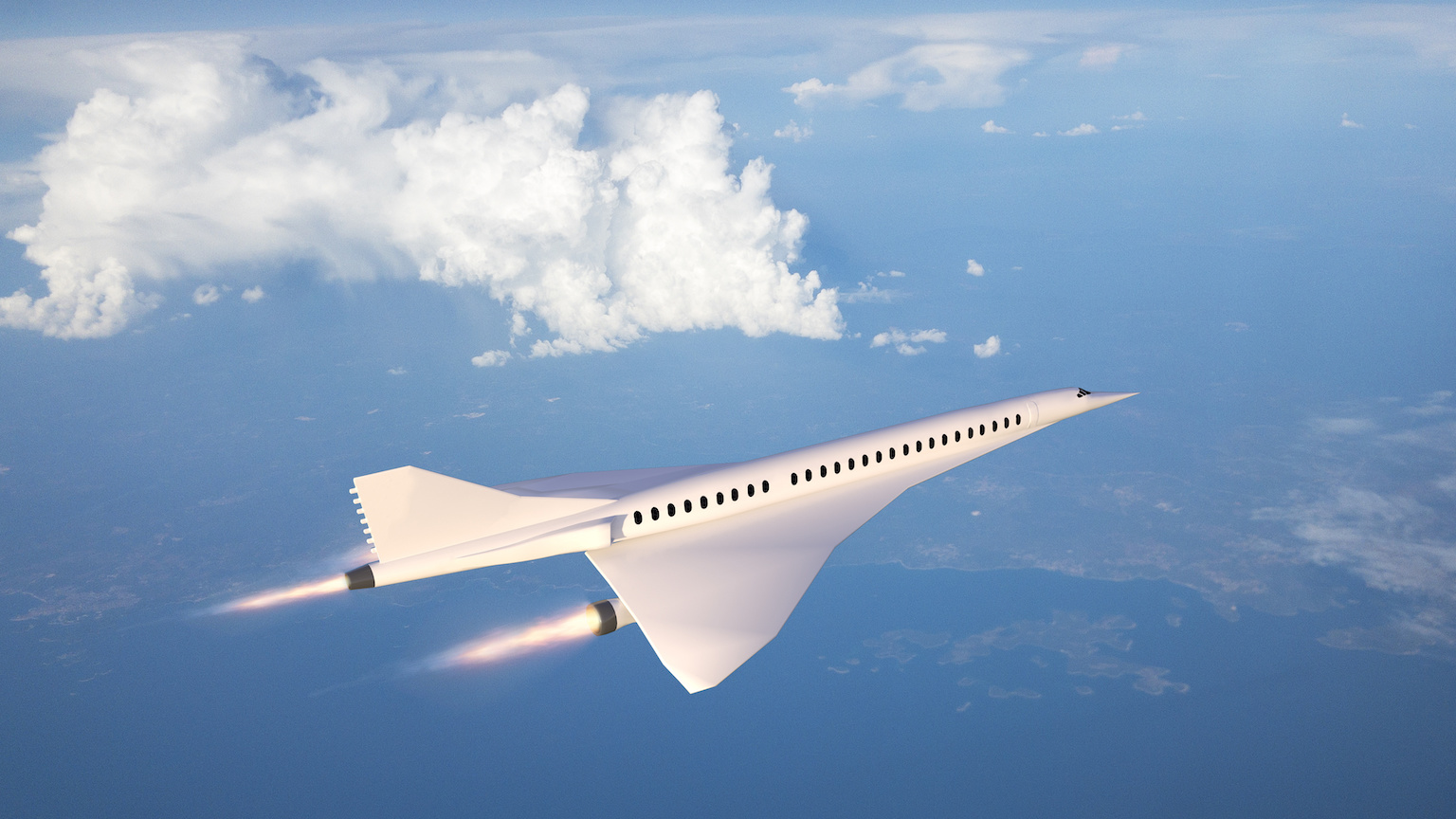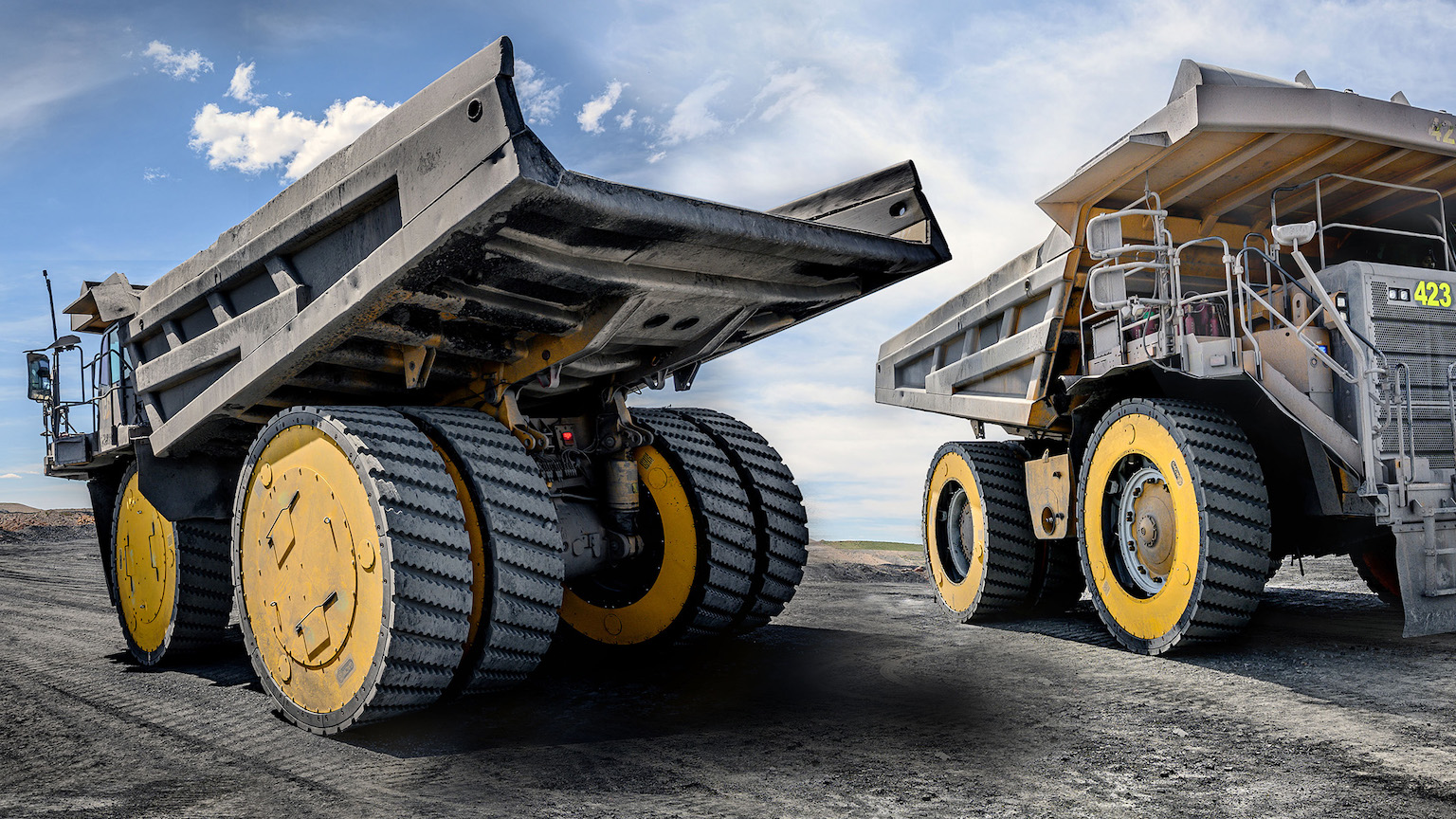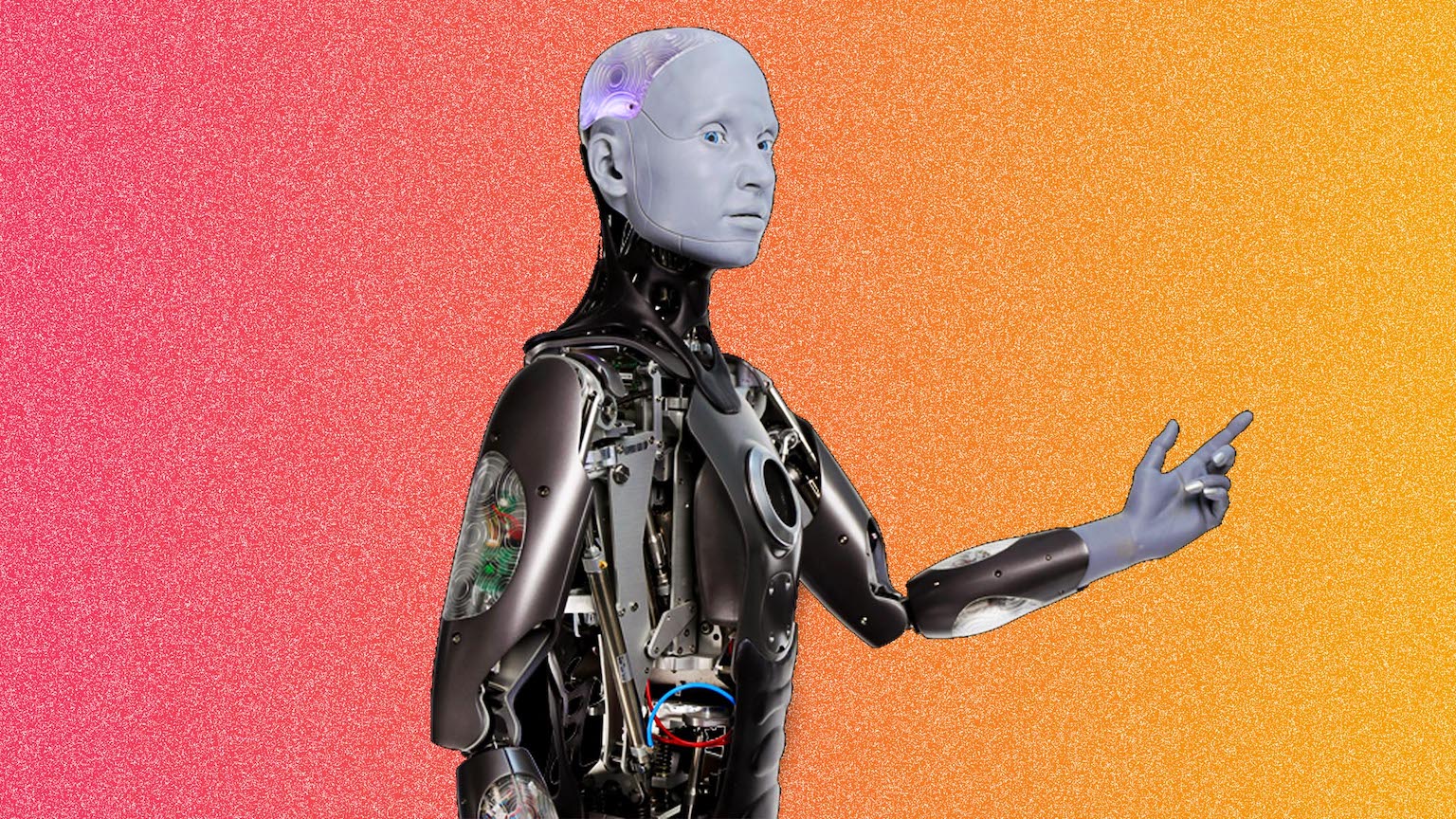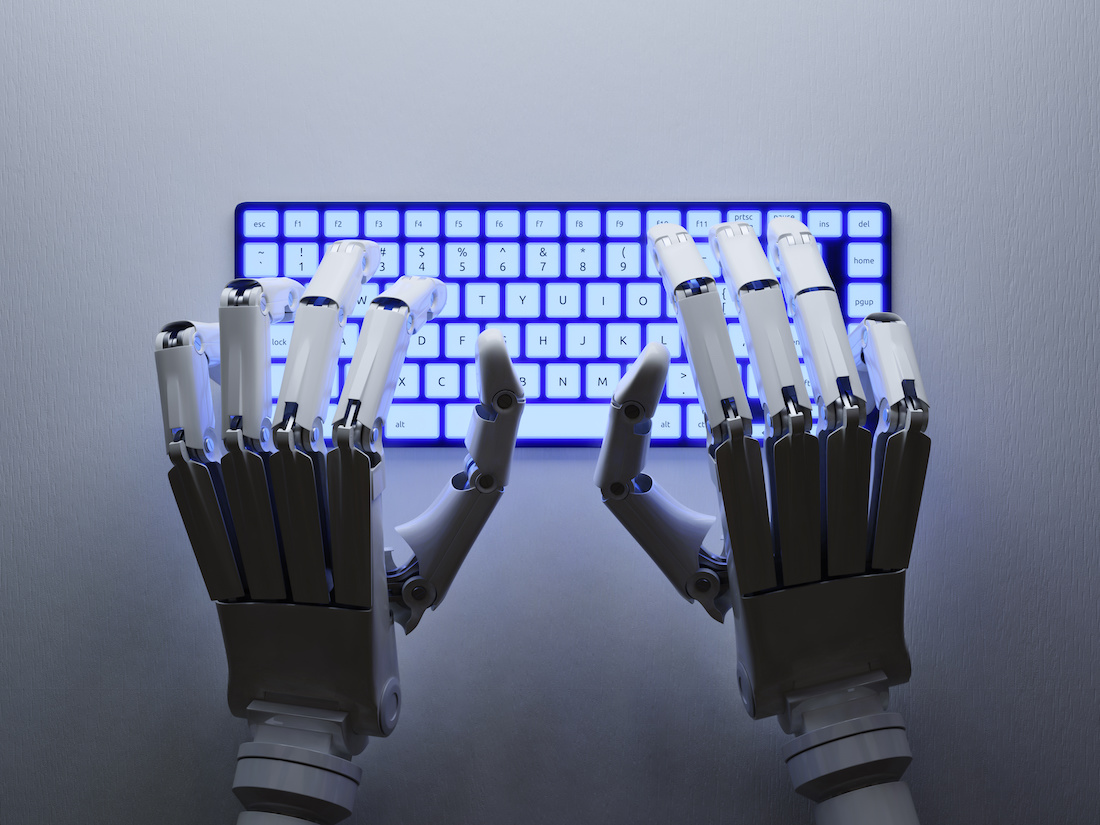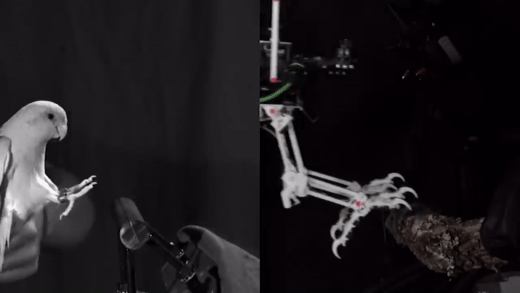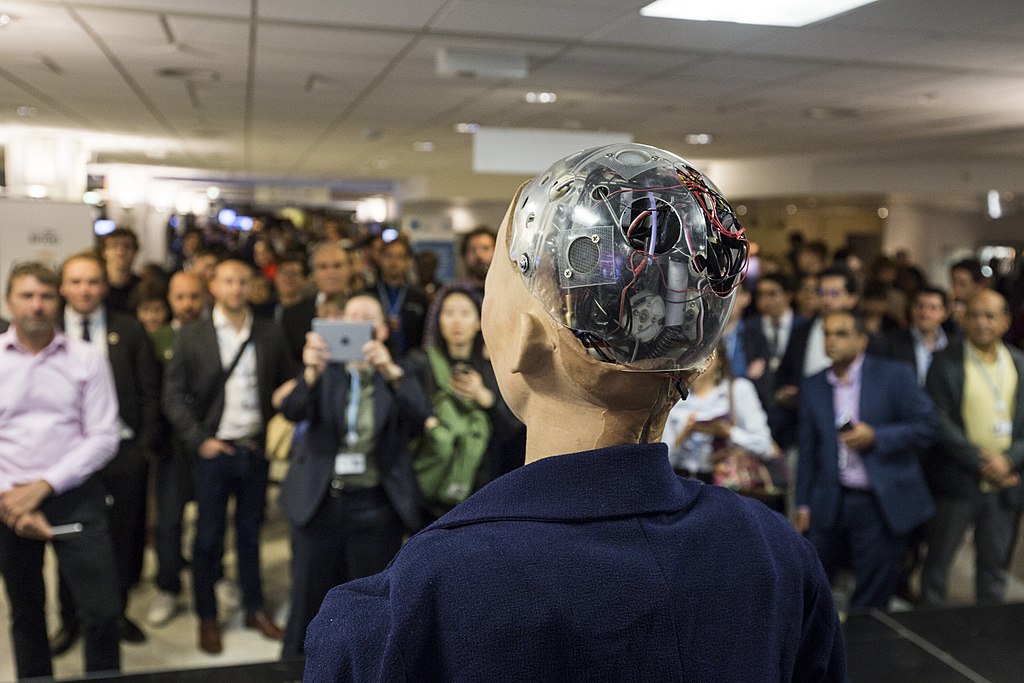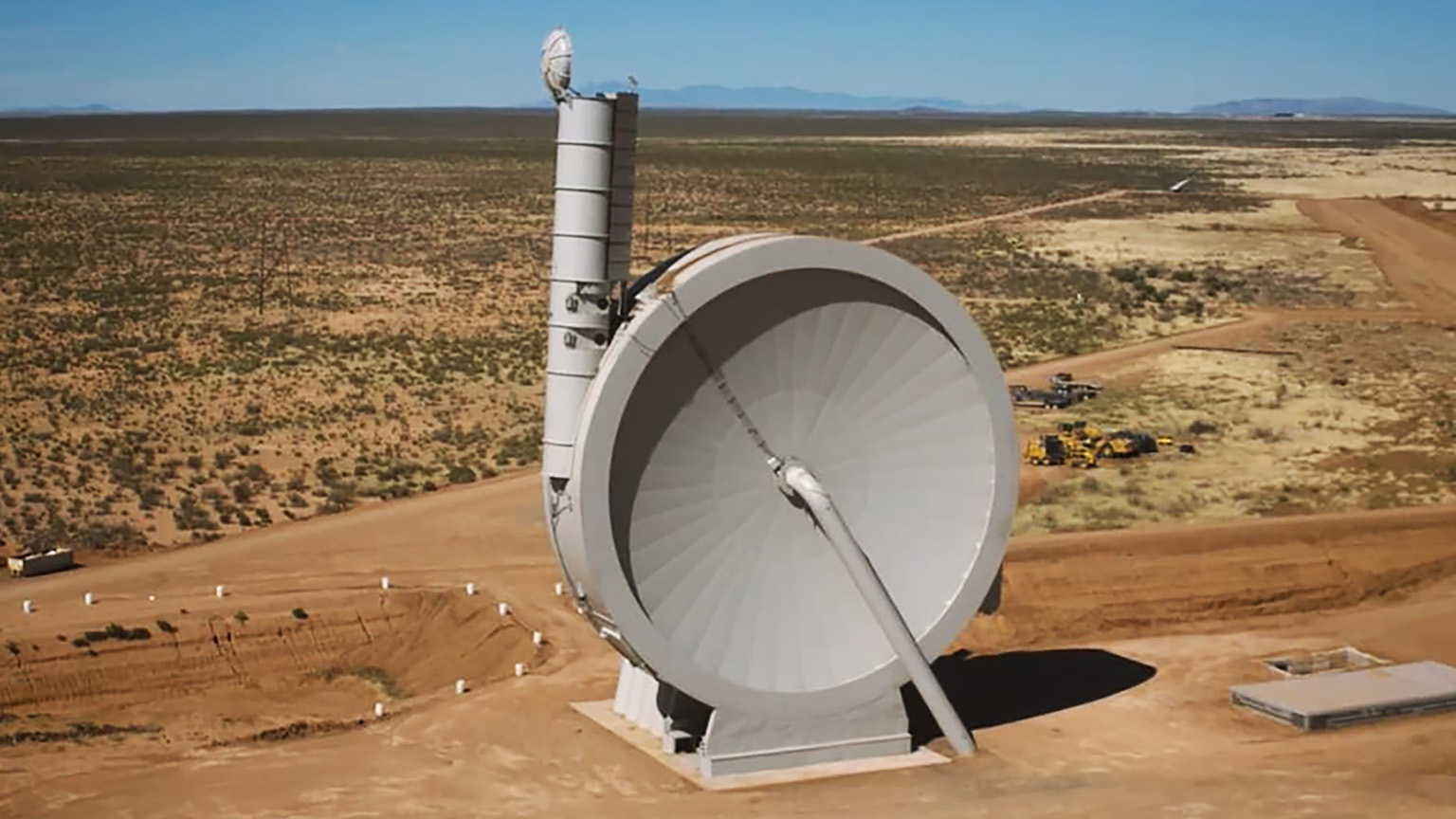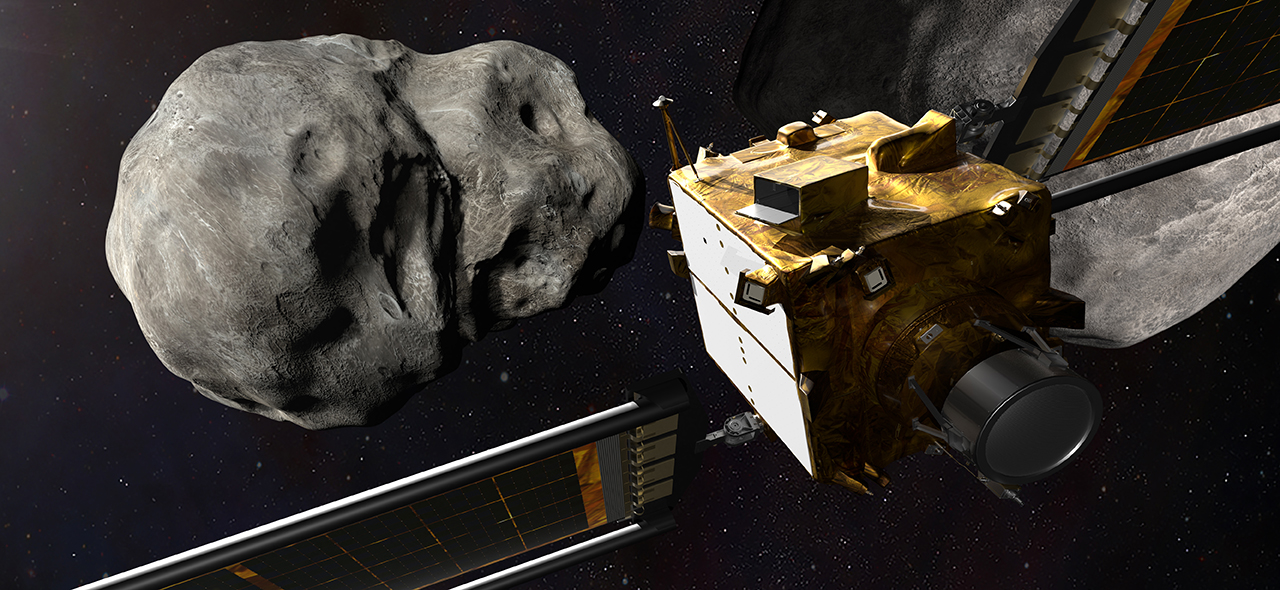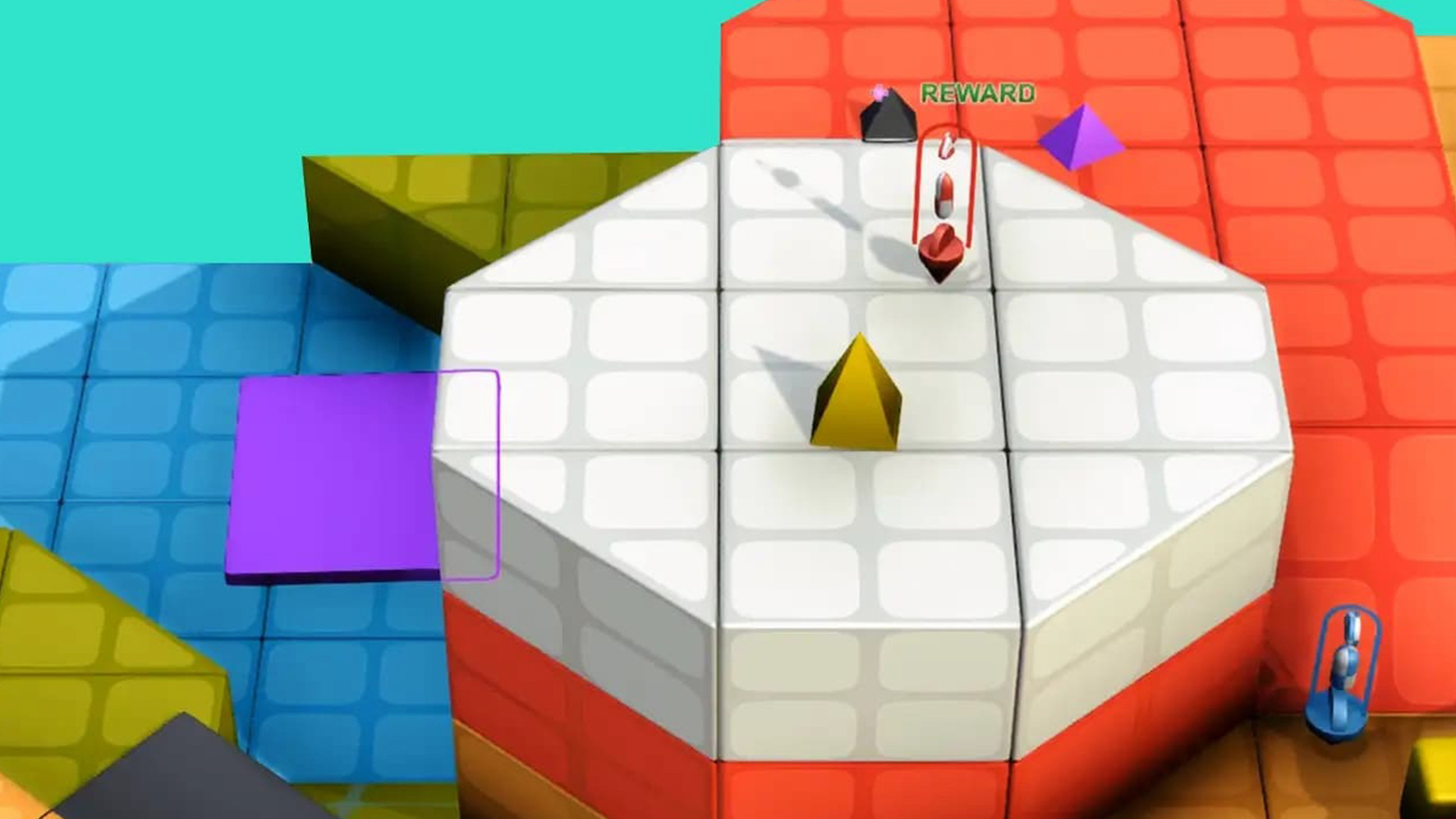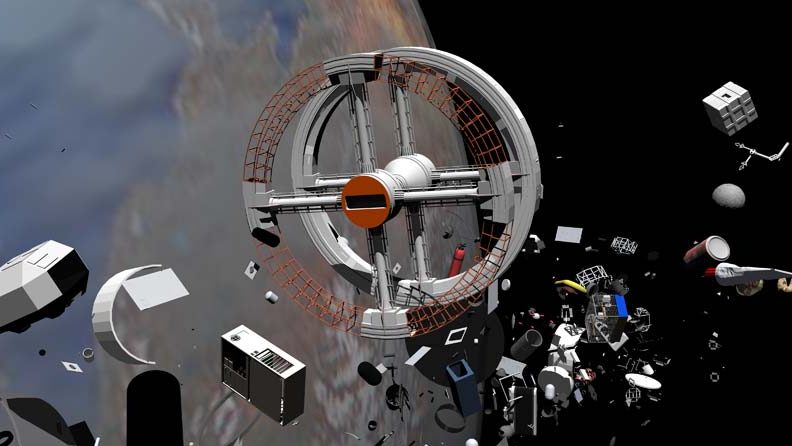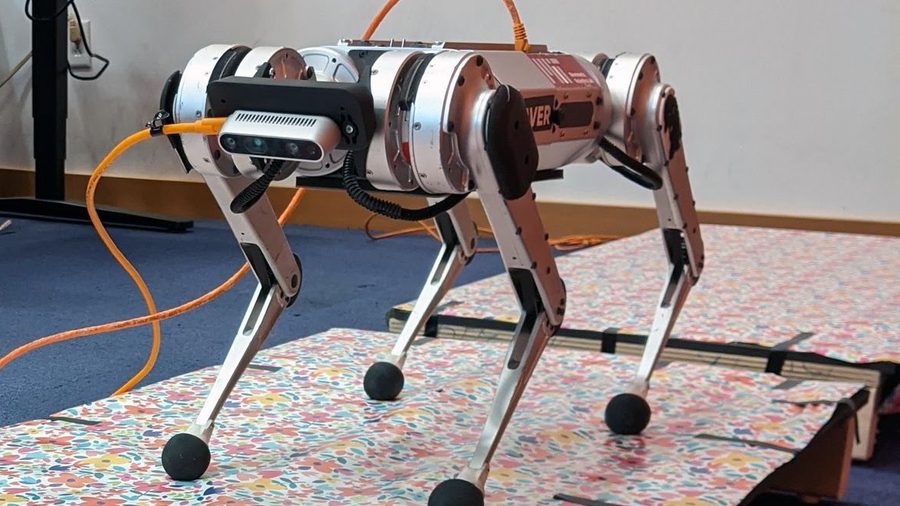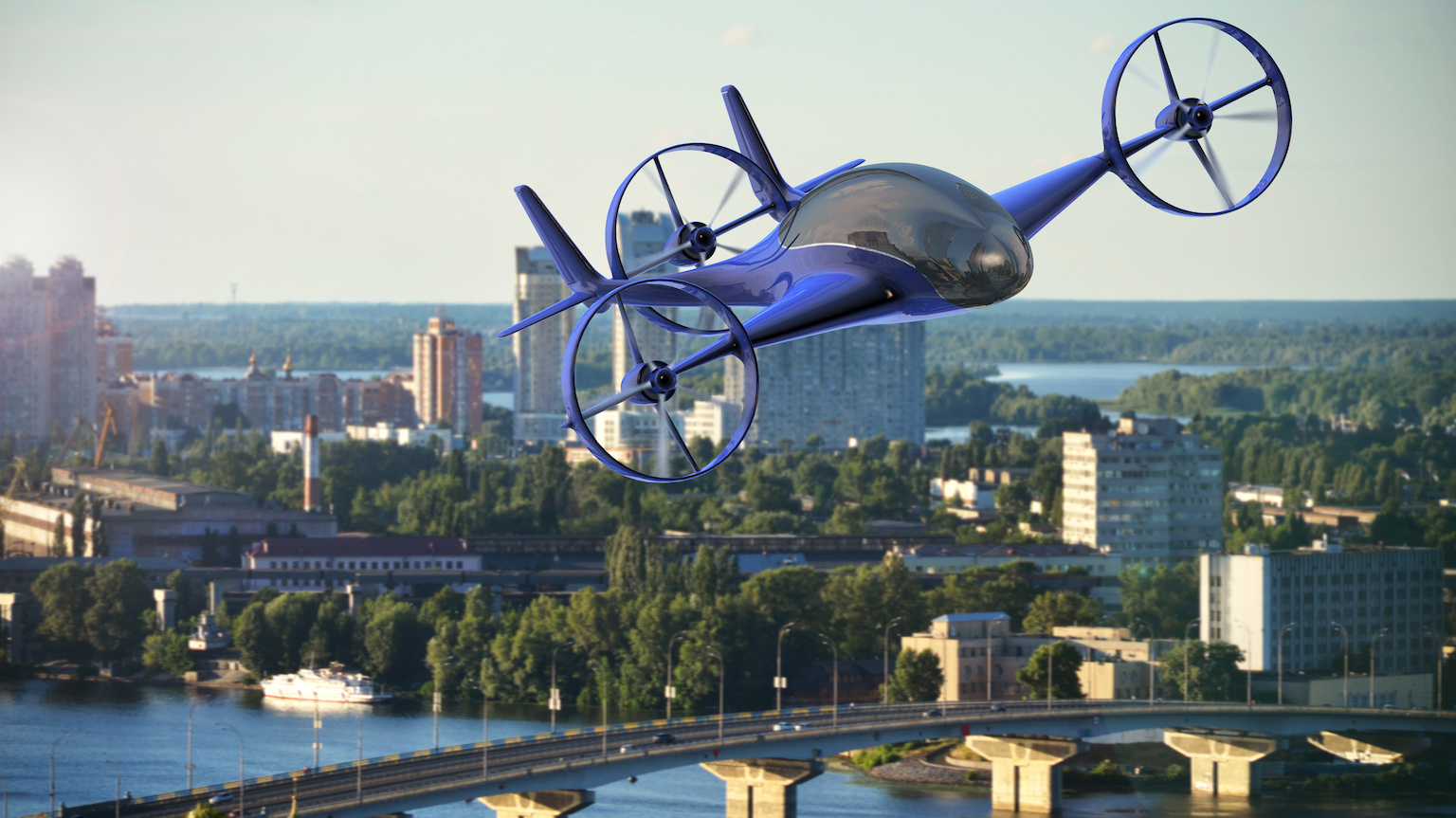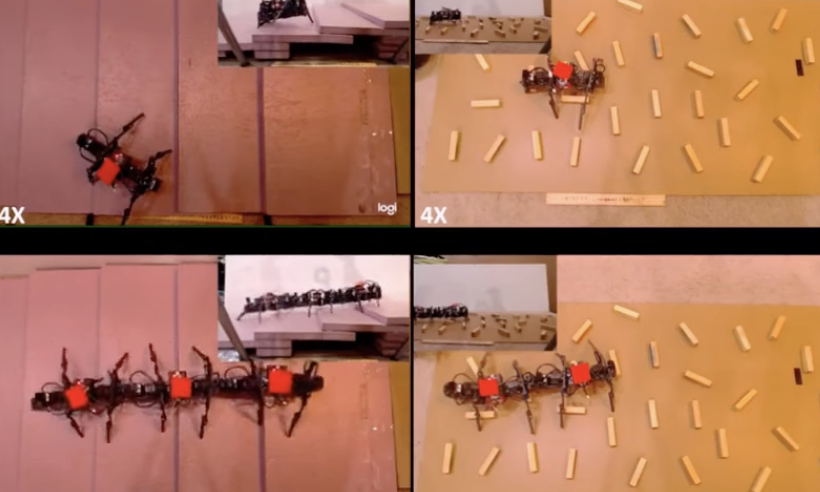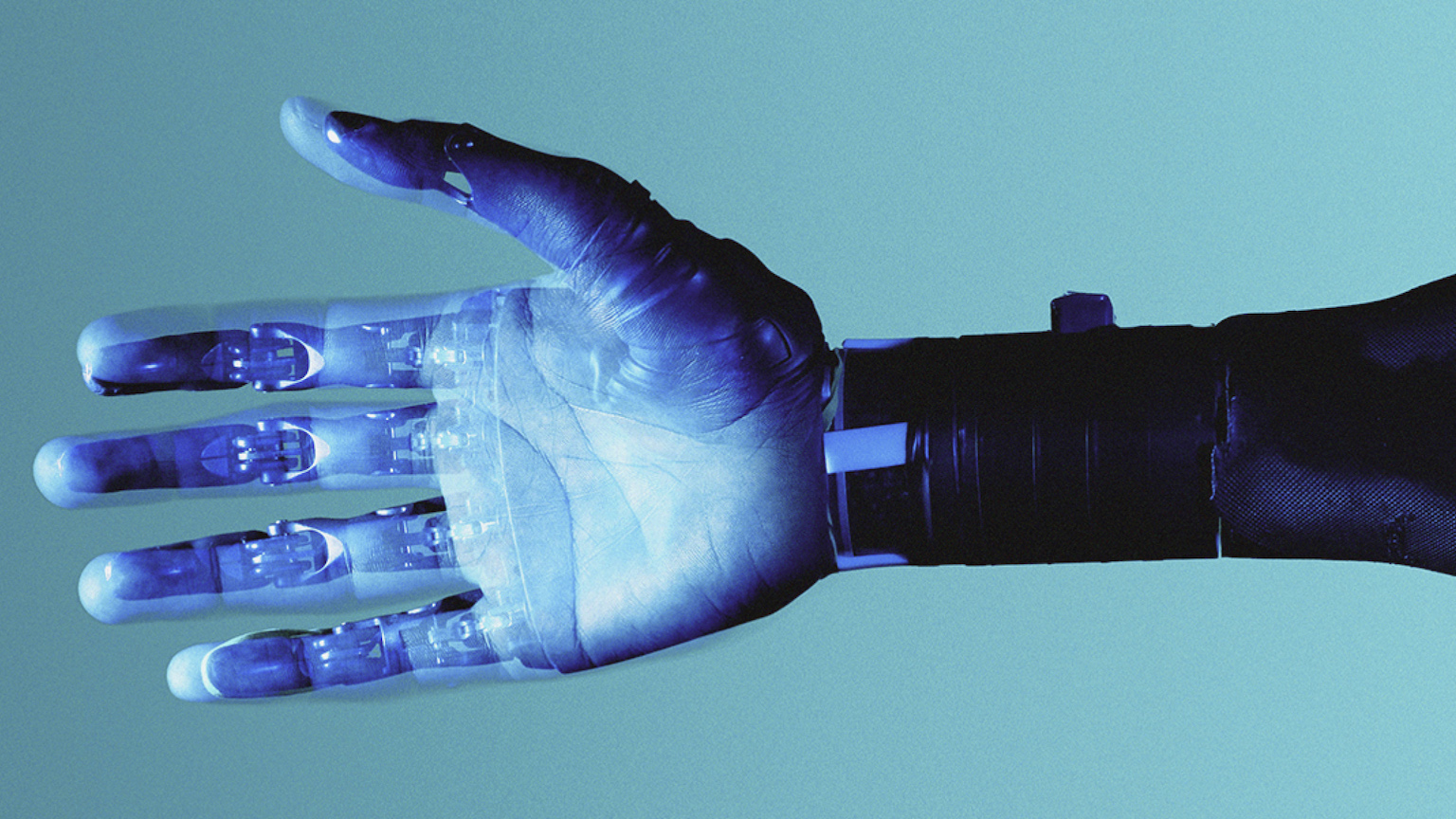Emerging Tech
Hybrid working, robot fast food workers, and the rapid acceleration of NFTs are just the beginning.
A new “common-sense” approach to computer vision enables artificial intelligence that interprets scenes more accurately than other systems do.
One day, we could fly across the U.S. in half an hour. A state-of-the-art hypersonic flight testing facility at UTSA could help make that dream a reality.
A century ago, electric cars were common. The fact that they were almost entirely replaced due to the internal combustion engine is a testament to the glacial pace of battery breakthroughs.
The model is almost eight hours ahead of a doctor’s recognition of a patient’s deterioration.
Steel tires may be better for the planet and could replace rubber.
Humanoid robots are coming, and Ameca is designed to be the ideal platform to study human-robot interactions.
The AI remembers that you are 32 years old and like to eat sushi, except on Thursdays.
GPT-3, which features 175 billion parameters, just might fool you in a conversation.
The metaverse has the potential to be revolutionary, for both good and bad. Here is how we can maximize the former and prevent the latter.
Drones have a lot to learn from the landing abilities of birds.
The most technically impressive feats of animation often strike us as eerie instead of impressive, and it’s all thanks to the uncanny valley.
SpinLaunch’s launcher, which is larger than the Statue of Liberty and works like the Olympic hammer-throw event, just came online in the New Mexico desert.
In 2022, the probe will crash into an asteroid while a nearby satellite captures it on camera.
The paper-thin device may also someday be used to stimulate bone growth.
A recent study overviews the thinnest X-ray detector ever created.
On Nov. 15, 2021, U.S. officials announced that they had detected a dangerous new debris field in orbit near Earth. Later in the day, it was confirmed that Russia had […]
In his new book, “The Wires of War: Technology and the Global Struggle for Power,” Jacob Helberg outlines the brewing cyberwar between Western democracies and autocracies like China and Russia.
Are we really only a moment away from “The Singularity,” a technological epoch that will usher in a new era in human evolution?
A new control system, demonstrated using MIT’s robotic mini cheetah, enables four-legged robots to jump across uneven terrain in real-time.
A report from MIT outlines a six-point plan to usher in a new age of nuclear power.
Wireless charging isn’t just for phones and laptops. It could also power medical devices like heart implants.
If used improperly, the metaverse could be more divisive than social media and an insidious threat to society and even reality itself.
Battery-powered urban aircraft are well within the bounds of technological reality.
Augmented reality (AR) contact lenses will project the digital world into our retinas, perhaps helping us navigate the metaverse.
Technology has advanced at a blinding pace in the past 150 years. That won’t always happen.
Inspired by the group behaviors of simple animals, a team of roboticists has developed a new way for swarm robots to maneuver on land.

